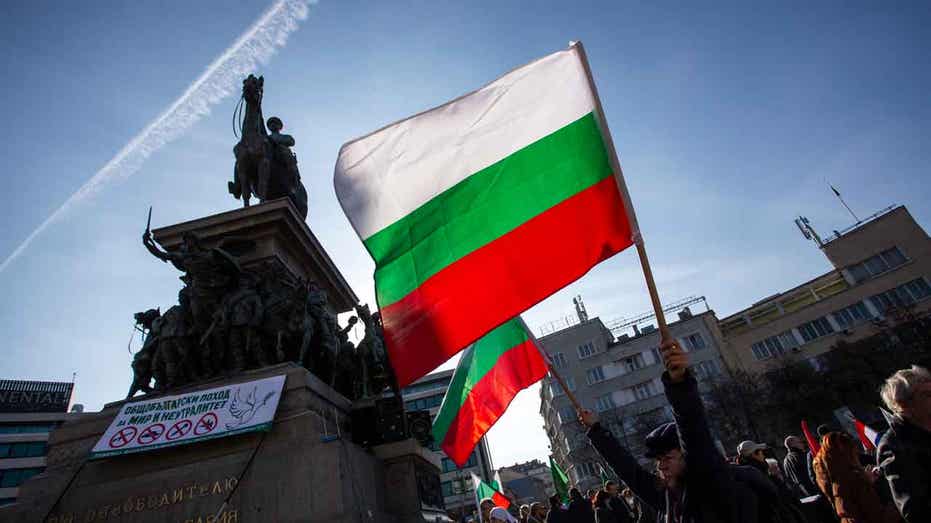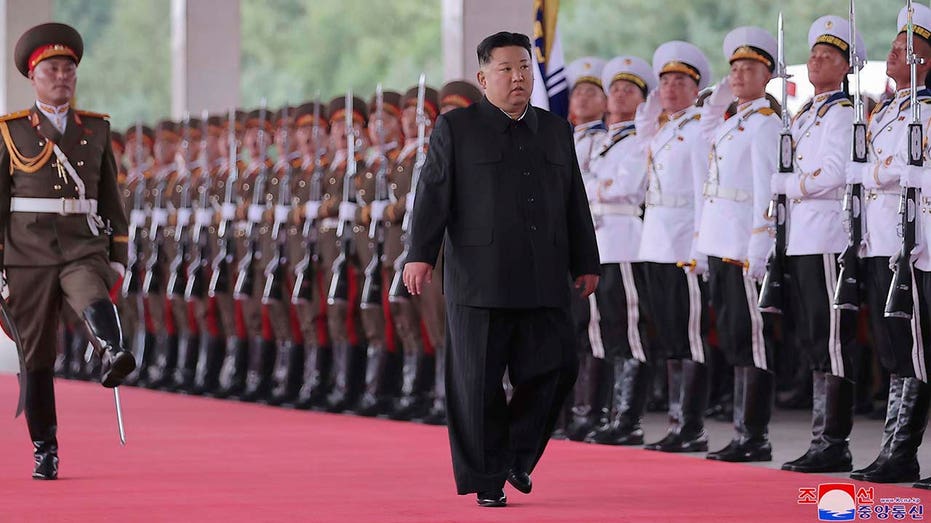Bulgaria on Wednesday decided to expand the country’s nuclear power generation as an alternative to fossil fuels by launching the construction of two additional reactors at its only nuclear power plant.
The two new reactors, which will provide a total of 2,300 megawatts, will use Westinghouse’s technology, the government said in a statement.
Earlier this year, U.S.-based nuclear equipment manufacturer Westinghouse Electric Co. signed an agreement with the Kozloduy plant for a proposed deployment of one or two AP1000 pressurized water reactor units.
BULGARIA ARRESTS 12 FOR VIOLATING ANTI-RUSSIA SANCTIONS
Prime Minister Nikolay Denkov said Wednesday that the government has allocated an initial amount of 250 million euros ($270 million) for the project, adding that the first reactor is expected to be ready in 2033, and the second one — two to three years later.
Bulgaria currently operates two Russian-designed VVER-1000 reactors of 1000 MW each at the nuclear facility in Kozloduy that generate about a third of the country’s electricity.
BULGARIA’S SUPPORT FOR UKRAINE’S NATO MEMBERSHIP GROWS STRONGER DURING ZELENSKYY’S VISIT
Their operational licenses will expire in 2027 and 2029, respectively, but the units could be operated beyond those dates subject to regulatory approval.
In 2006, Bulgaria had to close four older VVER-440 units as a condition for its accession to the European Union, but now, Denkov stressed that the new units’ total capacity will significantly exceed the 1,760 MW capacity of the four blocks that had been closed.
In his words, the technology of the new reactors was particularly suited to ensuring “a stable management of the energy system.”
In response to Russia’s invasion of Ukraine, Bulgaria has taken steps to stop its almost-total energy dependence on Moscow. As part of its energy diversification efforts, Bulgaria signed agreements last year with France’s Framatome and Westinghouse Electric to receive fresh nuclear fuel for its operating reactors.




